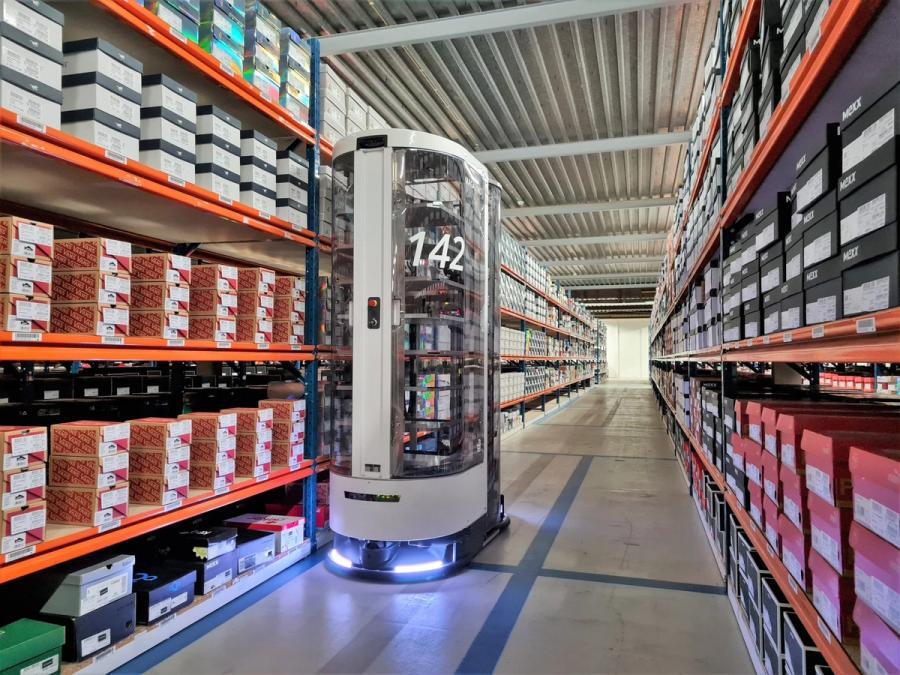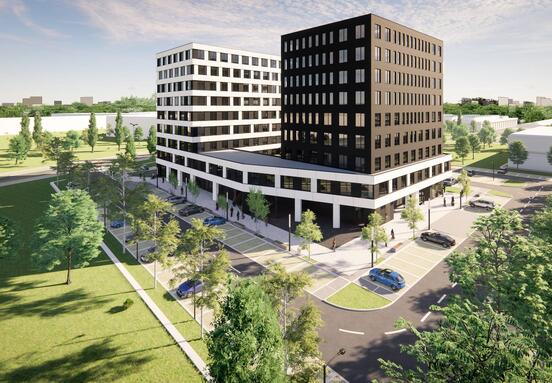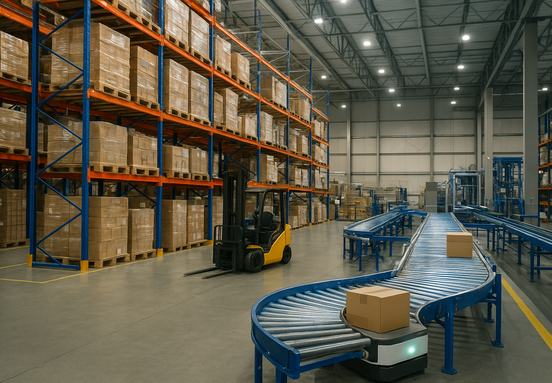Automation and Robotics
Storage and picking robots are becoming an increasingly common sight in modern warehouses. They not only speed up processes but also reduce the risk of errors, directly improving delivery quality and accuracy. Automated sorting and packaging systems further boost efficiency while reducing the number of required labor hours.
Internet of Things (IoT) and Sensors
IoT technology enables real-time inventory tracking. Smart sensors monitor temperature, humidity, and product location, which is especially important in industries such as pharmaceuticals and food. This gives logistics companies full control and transparency over goods stored in their facilities.
Software Solutions and Artificial Intelligence
Advanced warehouse management systems (WMS) are becoming the foundation of smart warehousing. When integrated with AI algorithms, they allow for demand forecasting, stock optimization, and reduced operating costs. Artificial intelligence also supports data analysis, helping businesses make more informed strategic decisions.
The Future of Logistics
Smart warehouses are no longer a luxury—they are a necessity for companies that want to stay competitive. Investments in technology bring faster processes, safer goods, and greater flexibility in adapting to market changes. With the continued growth of e-commerce and global demand, it is clear that digitalization and smart solutions will keep shaping the logistics sector in the years to come.







